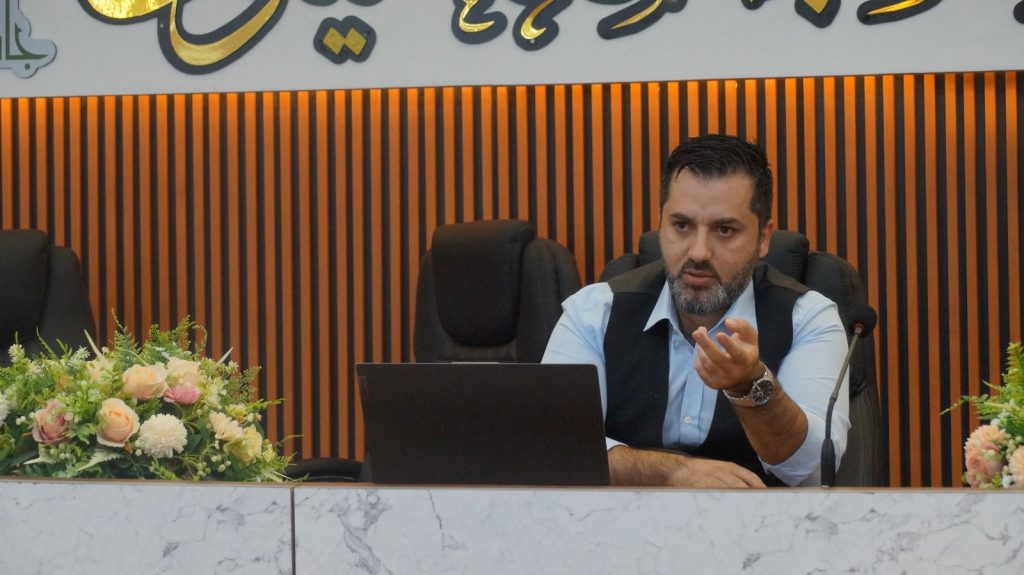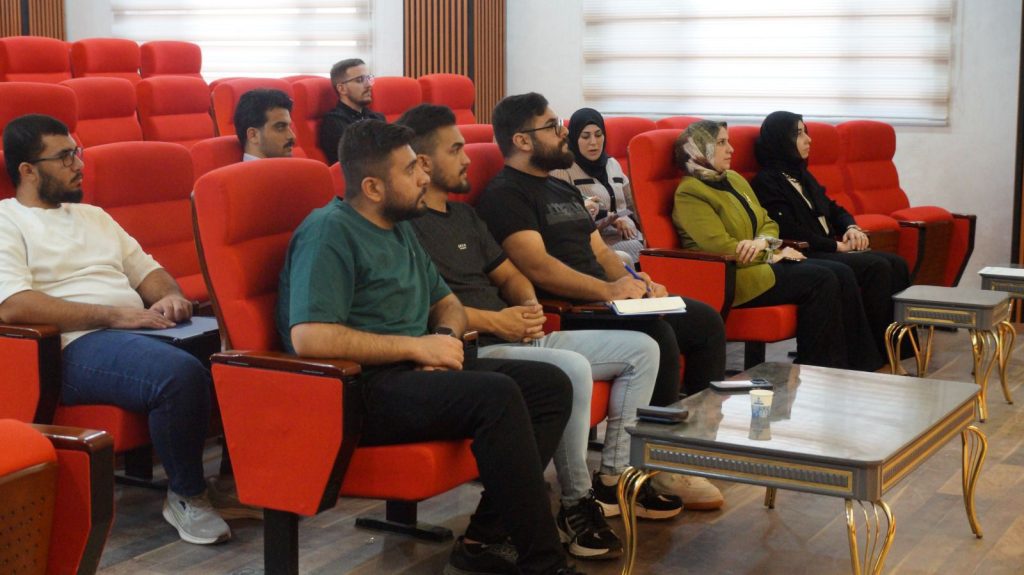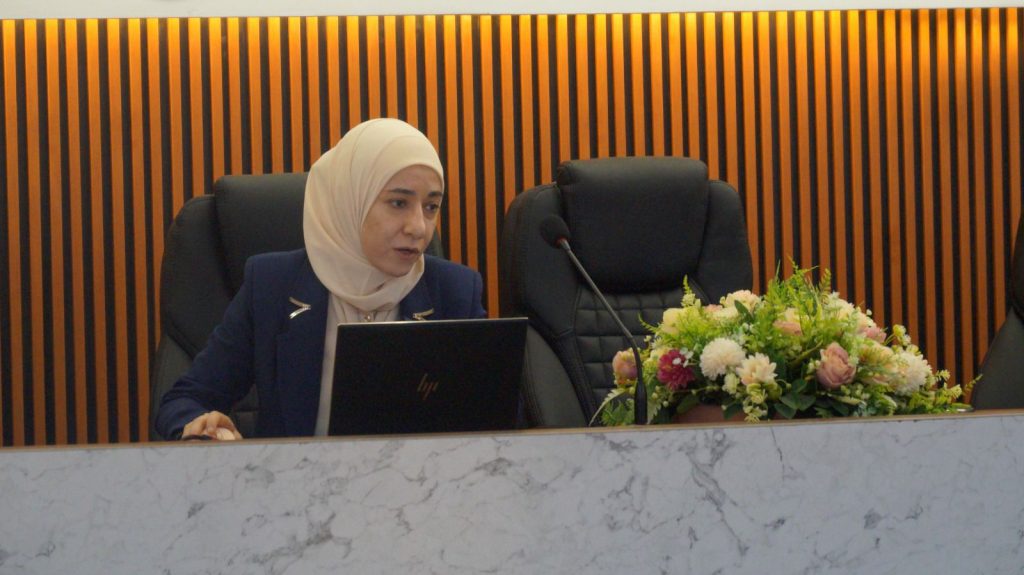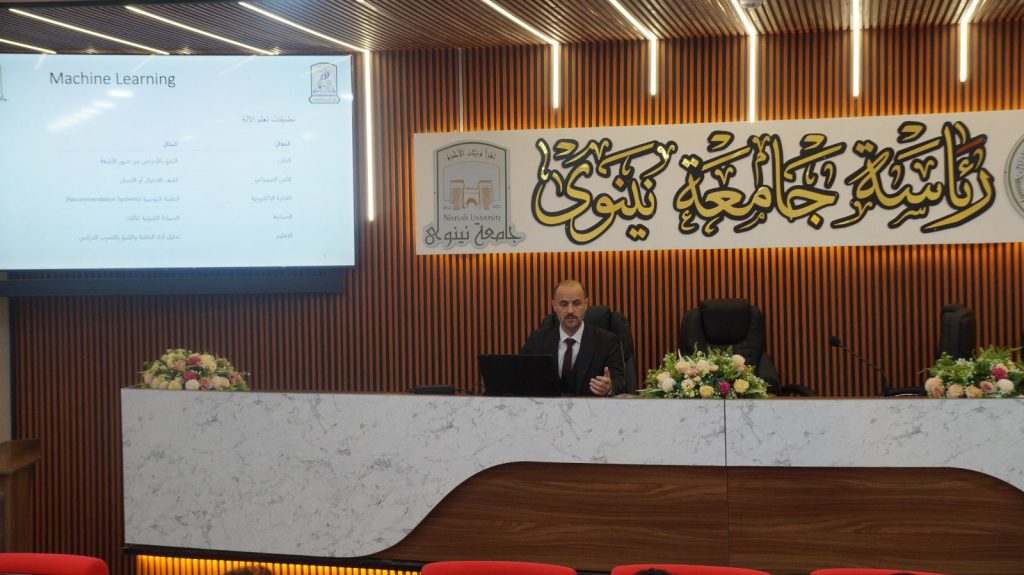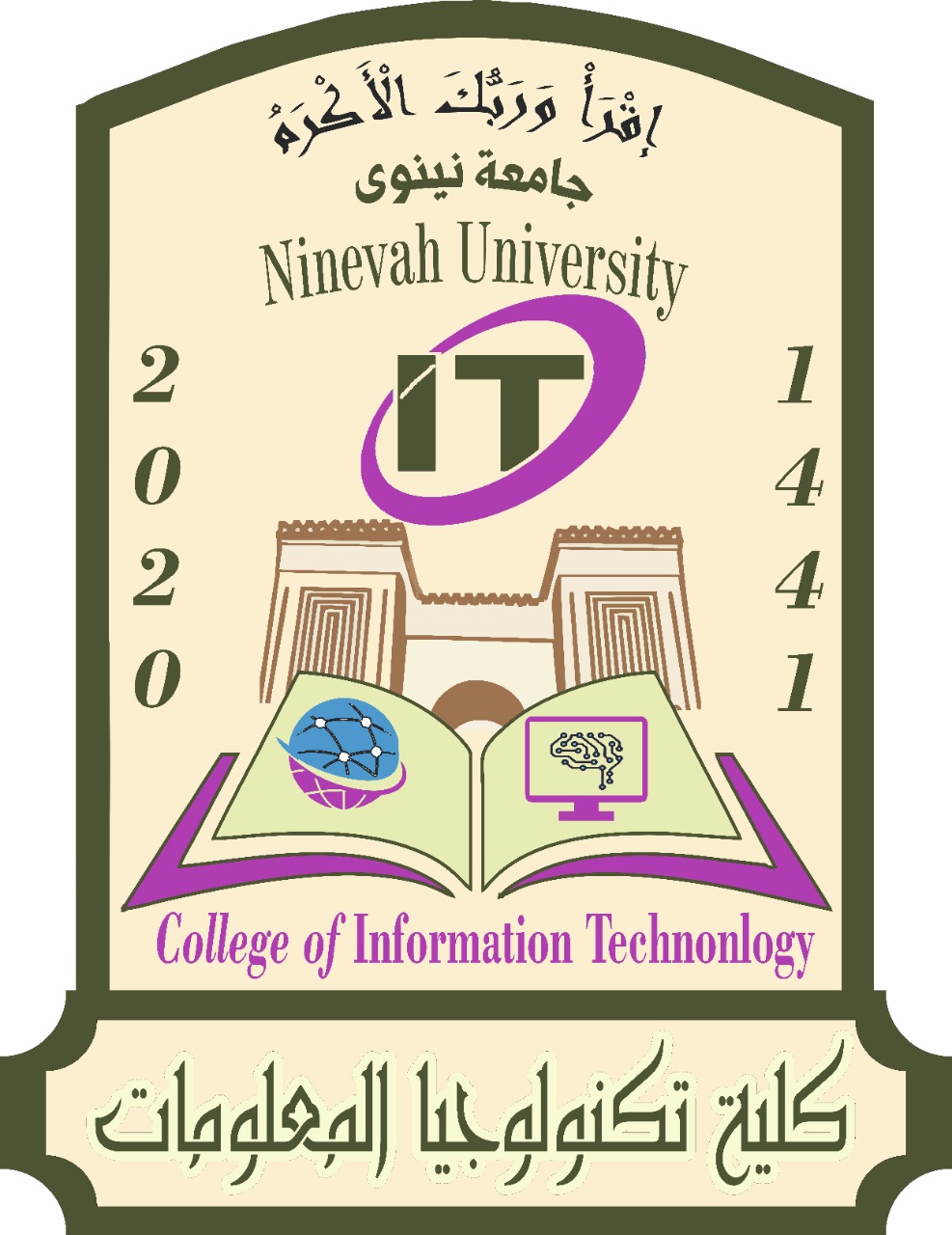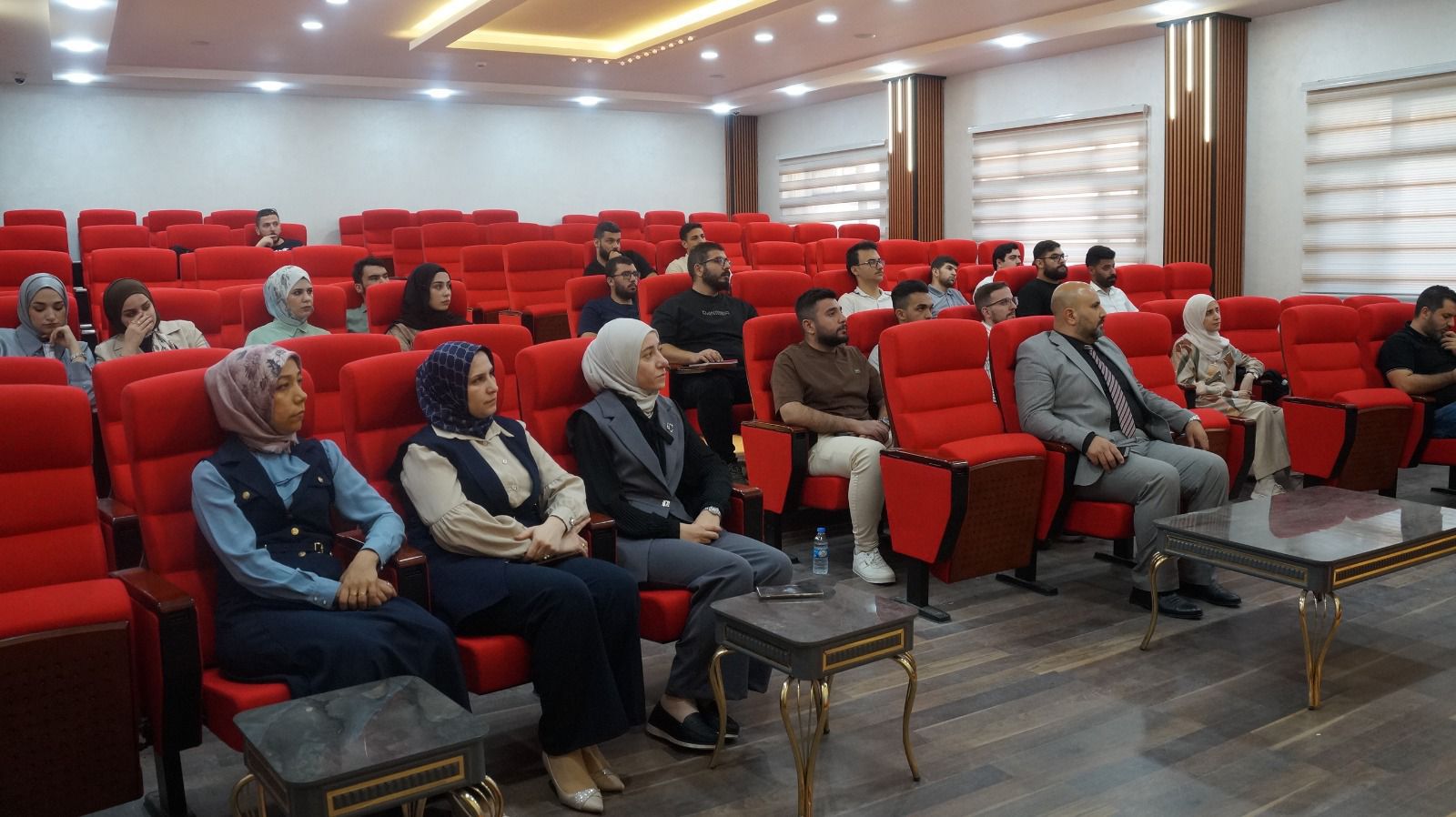As part of the continuing education programs at the College of Information Technology, a practical training course titled “Machine Learning Using Python: Data Processing, Model Building, Evaluation, and Model Deployment” was held. The course was presented by:
Dr. Ali Mohsen Ahmed,
Dr. Zaid Jassim Mohammed, and Dr. Balqis Talal Hassan.
The three-day course, starting on October 20, 2025, aimed to enable participants to gain a comprehensive understanding of the stages of building a machine learning model, from basic theoretical concepts to practical application and deployment. It also sought to develop skills in data analysis and processing, building models using modern artificial intelligence libraries, and evaluating their performance according to accurate statistical metrics.
The goal also focused on enhancing the ability to transform scientific models into practical applications usable in real-world fields such as detecting lung diseases and diabetes, thus enhancing the use of machine learning techniques to serve society and improve quality of life.
The scientific activity included integrated modules covering all stages of building a machine learning model, from the foundational stage to the deployment stage. The course began with an introductory introduction that covered the basic concepts of machine learning, its types, and the differences between traditional learning and machine learning.
Then, it covered the data preparation and processing module, which focused on data cleaning, handling missing values and outliers, and converting them into learnable formats.
Then, it covered building models using the “Scikit-learn” library, applying classification and prediction algorithms and comparing their performance.
The activity also included evaluating models and analyzing their results based on statistical metrics to measure efficiency and accuracy. It concluded with a practical deployment module, which demonstrated how to transform them into real-world applications through two applied projects:
The first was to develop an Android application to detect lung diseases, and the second was a website to detect diabetes using the Flask framework.
This course is part of a series of scientific activities organized by the College of Information Technology, as part of its efforts to develop the skills of students and researchers in the fields of artificial intelligence and machine learning, and enhance their ability to apply academic knowledge to innovative practical projects that serve the community and contribute to keeping pace with global technological developments.
